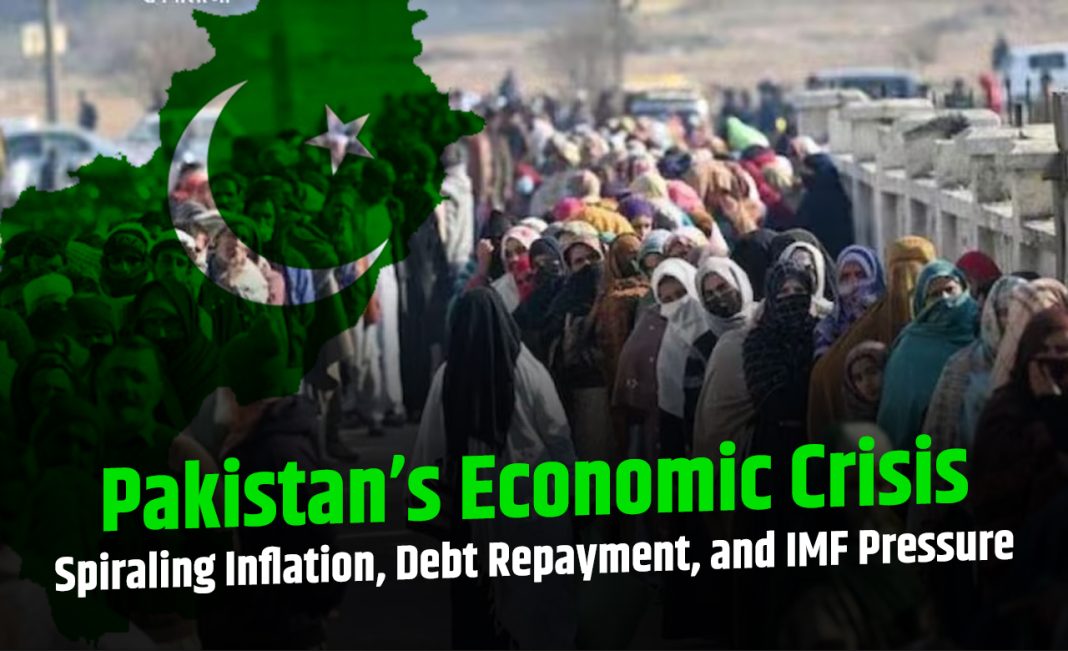Pakistan’s Economic Crisis: The economic situation in Pakistan has reached a dire state, with inflation driving the prices of basic necessities to unprecedented heights. Oil is now priced at 900 rupees per liter, and flour costs 800 rupees per kilo. The cost of a single roti has surged to 25 rupees, making it increasingly difficult for the average Pakistani to afford everyday food items.
Crippling Debt and IMF Bailout Conditions
The most significant expenditure in Pakistan’s budget is debt repayment. The nation is heavily burdened by debt, particularly from China, and is currently seeking a bailout package from the International Monetary Fund (IMF). However, the stringent conditions set by the IMF are posing a challenge for the government to accept. The falling value of the Pakistani rupee and escalating living costs are compounding the difficulties faced by the citizens.
Rising Costs and Economic Hardships
Living expenses in Pakistan are soaring, putting essentials like food, housing, education, and healthcare out of reach for many. The IMF is pressuring the Pakistani government to end subsidies, further exacerbating the financial strain on the population. Despite these hardships, the government has increased the defence budget by 15 per cent, allocating Rs 2,122 billion for the financial year 2024-25. This decision brings to mind Zulfiqar Ali Bhutto’s statement: “Our people will eat grass but we will definitely make nuclear bombs.”
Projected Economic Growth
Finance Minister Mohammad Aurangzeb claims that Pakistan’s GDP is expected to grow by 3.6 per cent, slightly above last year’s 3.5 per cent. However, experts are sceptical, predicting a growth rate of no more than 2.38 per cent. Pakistan’s total budget stands at Rs 18,877 billion, with the defence sector receiving the second-largest share.
Debt Repayment: The Largest Expenditure
Pakistan is grappling with the consequences of its financial dependence on China. A significant portion of the budget, approximately Rs 9,700 billion, is allocated for loan repayment. Finance Minister Aurangzeb estimates the inflation rate will hover around 12 per cent, while tax collection is projected to reach Rs 12,970 billion. Despite these challenges, the government is optimistic about emerging from the economic crisis and has announced plans to privatize public sector companies.





